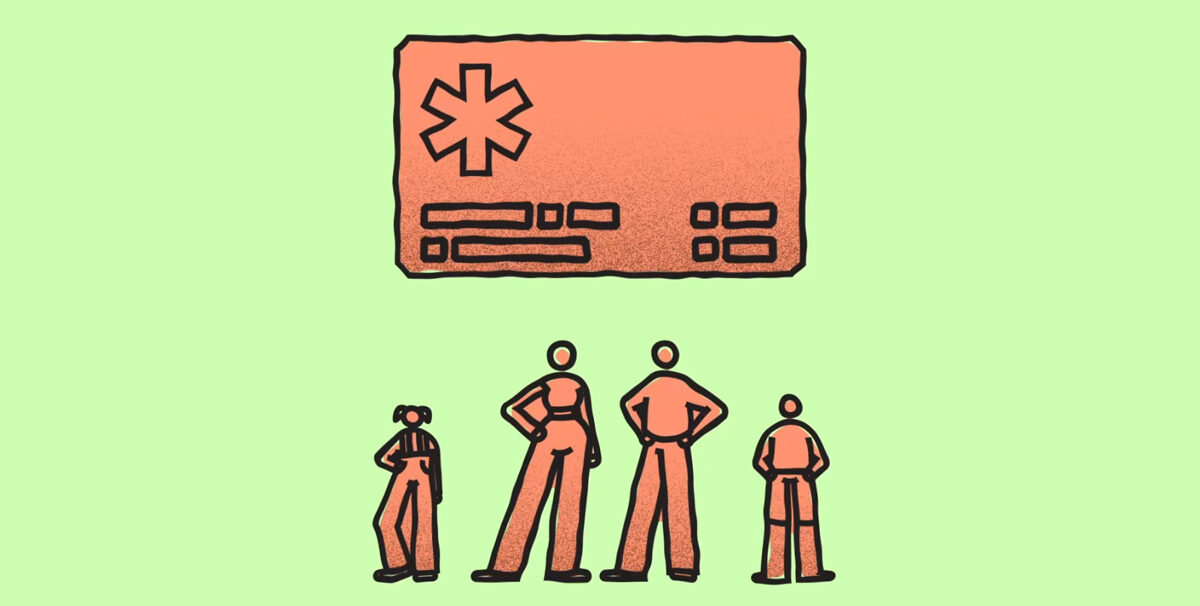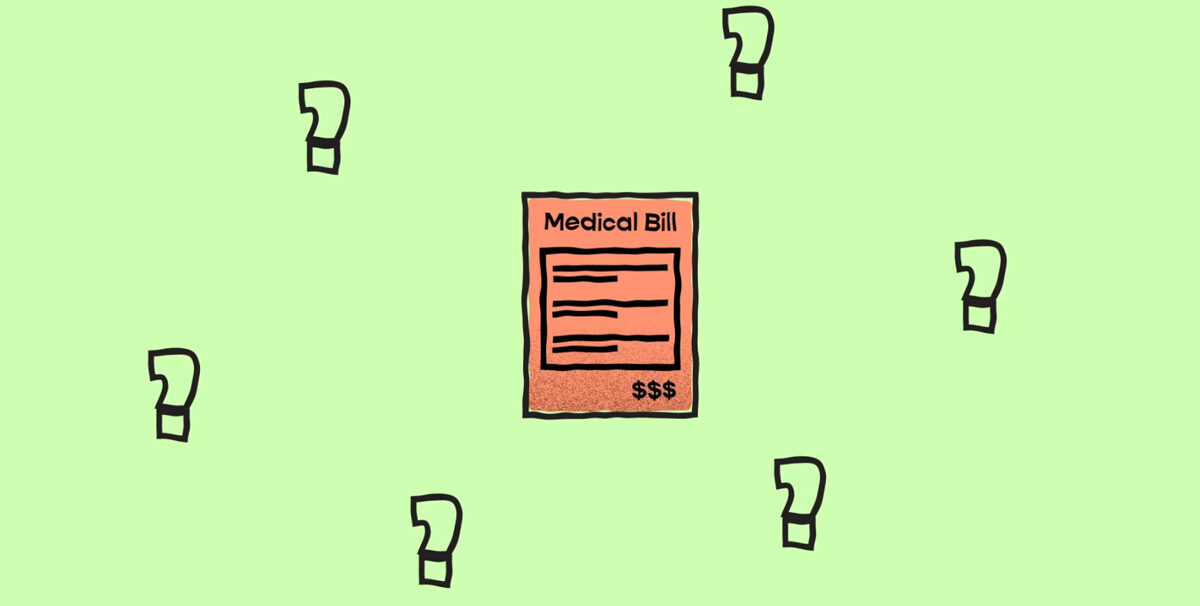As we approach the upcoming holidays, take a moment to think about what staying healthy during this season looks like for you. Perhaps you want to avoid holiday weight gain, maintain your healthy routine, keep your stress levels in check or manage your health conditions. Here are 5 Healthy Holiday Tips to help you feel your best throughout the season:
- Practice healthy habits: maintain a consistent sleep schedule and eat a balanced diet to ensure you have enough physical and mental energy to tackle responsibilities and challenges.
- Stick to a routine: set intentions and goals for how you plan to maintain your healthy regimen.
- Maintain your boundaries: get comfortable saying “no,” and reducing extra activities or tasks so you don’t feel overwhelmed.
- Decrease caffeine and/or alcohol use: these substances can provoke feelings of depression or other mental health challenges.
- Recognize stress triggers and stress relievers: financial pressures and personal demands are common triggers. Remember the real reason to celebrate this holiday season.
Take action each week:
Holiday Stress: Eating Healthy
Holidays such as Thanksgiving, Christmas and New Year’s bring to mind thoughts of family, friends, fun and food. However, each year, millions of Americans struggle to maintain their waistlines during the holidays while surrounded by tempting holiday treats.
Holiday Parties
- By following the healthy tips below, you can enjoy all your holiday parties, while also staying in control of your weight.
- Do not leave the house on an empty stomach—it encourages overeating.
- Avoid standing near the food table at parties, since it’s a sure-fire way to overindulge.
- Make socializing your top priority; conversation will keep you occupied and away from the food.
- Limit your drinking because alcohol can increase hunger and lower your willpower.
- Provide a low-calorie alternative. For example, if you have volunteered to bring a dessert, bring fruit drizzled with chocolate instead of a cheesecake.
- Listen to your stomach. Reduce your portion sizes and stop eating when you feel satisfied rather than stuffed.
Cooking & Baking
If you are the one hosting, use that to your advantage. Hosting puts you in control of what will be served. For example, substitute high-fat or calorie-laden ingredients with healthier choices, such as by using plain yogurt in place of sour cream or an egg substitute rather than a whole egg.
There can also be a downfall when it comes to hosting: the temptation to sample the food while you are preparing it. To resist the urge to snack while cooking, try the following tips:
- Chew a piece of sugar-free gum or sip tea to reduce your urge to sample while you cook.
- Prepare foods on a full stomach. You will not be as tempted to taste what you are making if you are full.
Cocktails & Beverages
Before you reach for the eggnog, remember that some mixed drinks may have as many calories as a dessert. Keep the following suggestions in mind when indulging in holiday spirits:
- Pace yourself by drinking water or seltzer between alcoholic drinks. The more alcohol you drink, the more your temptation to snack increases.
- Try ice water with lemon or non-caffeinated soft drinks.
- Consume mixed drinks with diet soda, club soda or tonic when possible.
By following the strategies above, you can avoid putting on holiday weight and improve your well-being.
Holiday Stress: Sticking to your Budget
The holidays can be a stressful time of year, and money is one of the leading causes of holiday anxiety for Americans. The best time for holiday budgeting begins early in the year, when smart shoppers account for expenses associated with the holiday gift season in their monthly budgets and buy presents here and there throughout the year.
Additionally, resourceful budgeters flock to stores AFTER Christmas to scoop up decorations at bargain bin prices with an eye toward future holidays. However, if you’re like most people, you likely have not planned very far ahead and could find yourself feeling the pinch in January. But don’t despair—with proper accounting and a handful of smart shopping ideas, it is
possible to find the perfect gift for everyone on your list and stay within your budget. Here are a few pointers to help you stick to your holiday budget and manage your seasonal financial stress:
- Make a list and check it twice. Review your shopping list carefully. Does everyone listed on it truly need to be there?
- Set limits. Write down a maximum dollar limit for each person, vow to stay within that limit and then track how much you actually spend.
- Shop early. The best window for holiday shopping is between Oct. 1 and Dec. 1.
- Buy in bulk. Have something on hand for those unexpected presents. A case of wine or elegant candles are great ideas.
- Be realistic. Ask yourself if you can really afford to buy gifts—don’t feel obligated to buy them if you can’t afford them.
- Talk to your friends and family about scaling back. Ask about doing a gift exchange instead of buying gifts for everyone. If you find these things too embarrassing or unworkable consider going the homemade gift route.
- Shop online. Some of the best bargains won’t be found in stores. Many retailers will waive shipping costs during the holidays. Plus, why spend the days before your holiday celebrations wasting gas and battling crowds for items that may not be in stock?
- Get a holiday job. Even with a good budget, the extra holiday shopping can pinch the pocketbook. Consider working a seasonal job.
Battling Holiday Depression and Stress
While many look forward to the holidays, others dread the season. If you feel stressed, the obligations at holiday time can take their toll on even the most cheerful of people. Here are some tips to help you minimize holiday stress.
Causes of Stress
Ask yourself what exactly about the season makes you feel stressed. Your feelings may be triggered by the following:
- Unhappy childhood memories
- Difficult familial relationships
- Negative feelings about your life over the past year
- Seasonal monotony—seeing the same faces, eating the same food and going through the same motions
- Lowered immune defenses because of colder temperatures, high incidence of the flu, eating more and sleeping less
- Financial stress
Minimize Holiday Stress
Consider the following tips to help reduce stress this holiday season:
- Enjoy the present and try not to worry about what may be lacking.
- Don’t feel you must meet all family obligations. Do not simply do something or go somewhere because of tradition, especially if it makes you unhappy.
- Ask others for assistance. For example, ask a relative to host the family get-together, or make it a potluck and have everyone contribute to the meal.
- Make a to-do list in chronological order to minimize stress.
- Limit your alcohol intake.
- Stay active and continue to eat a balanced diet.
- Create a new tradition, such as volunteering, especially if you feel lonely.
- Make time for yourself and your needs, even when hosting guests in your house.
- Keep tabs on your holiday spending. Make a budget and stick to it, no exceptions.
Winter Wellness Tips
The winter months are notorious for bringing sickness. Influenza (flu) season begins in October and peaks between December and February. Colds are also more common during the season. Further adding to the mix of potential wintertime illnesses, COVID-19 and respiratory syncytial virus (or RSV) are swiftly circulating in the United States.
Viruses transmit more effectively in cold and dry weather, increasing your chances of coming into contact with sickness. And as cold weather drives people indoors, you’re more likely to be in close contact with someone who isn’t feeling well. This article highlights tips for keeping yourself healthy during the winter months.
Tips for Staying Healthy
Winter can be hard on your health, but you’re less likely to fall ill when your body is taken care of. Consider the following tips for staying healthy:
- Be up to date on vaccinations. The Centers for Disease Control and Prevention recommends that everyone 6 months and older receive a flu shot, with rare exceptions. This year, it’s imperative to be up to date with recommended COVID-19 vaccines, too, as more people gather indoors and COVID-19 safety precautions further wane.
- Practice proper hygiene. Hand and respiratory hygiene are essential for preventing the spread of germs during winter. Wash your hands often or carry an alcohol-based hand sanitizer. Avoid touching your eyes, nose and mouth—and always cough or sneeze into a tissue.
- Stay hydrated. It may be easier to drink water in the summer heat, but staying hydrated in winter is just as critical. Wintertime benefits of staying hydrated include more energy and better skin protection.
- Get enough sleep. Quality sleep is essential for your physical and mental well-being, and too little sleep can wreak havoc on your immune system. Adults should aim to get at least seven to nine hours of quality sleep each night.
- Keep moving. It’s recommended that adults engage in moderate-intensity aerobic activity for at least 150 minutes each week and muscle-strengthening activities two times per week. It may seem like a lot at first, but if you break it down, that’s 30 minutes of exercise five times a week. Staying on top of your fitness during winter can be challenging, but it can help your overall health this time of year.
- Eat a healthy diet. It’s crucial to continue eating a heart-healthy diet full of fruits, vegetables and lean proteins. Eating foods high in prebiotics (e.g., asparagus, bananas, legumes and oatmeal) can also be beneficial as they feed the good bacteria in your gut.
- Reduce your alcohol consumption. Colder weather is often correlated with increased alcohol consumption, but it’s vital to curb your intake. Not only can alcohol provoke feelings of depression, anxiety and other mental health challenges, but excessive substance use can also weaken your immune system.
- Focus on getting vitamins. Taking a daily multivitamin is the most efficient way to ensure your body gets the nutrients it needs. Vitamins help your body with various critical functions. For example, vitamin D helps strengthen your bones. Since wintertime often means less sunlight, most people have a reduced ability to produce vitamin D outside this time of year. Taking a supplement may fill that gap.
- Manage stress through self-care. Stress can negatively impact your physical and mental health, so make an effort to engage in activities you enjoy. Take time to unwind and prioritize your hobbies or other activities that help you relax and recharge.
If You’re Feeling Sick
No matter how careful you are, sickness happens. If you’re not feeling well, stay home and call your doctor to explain your symptoms. Since there’s some overlap between common symptoms of respiratory illnesses (e.g., flu, cold and COVID-19), it may be difficult to determine what you have. As a first step, you could take an at-home COVID-19 test. Talk to your doctor if you have any questions about your physical or mental health during winter.





